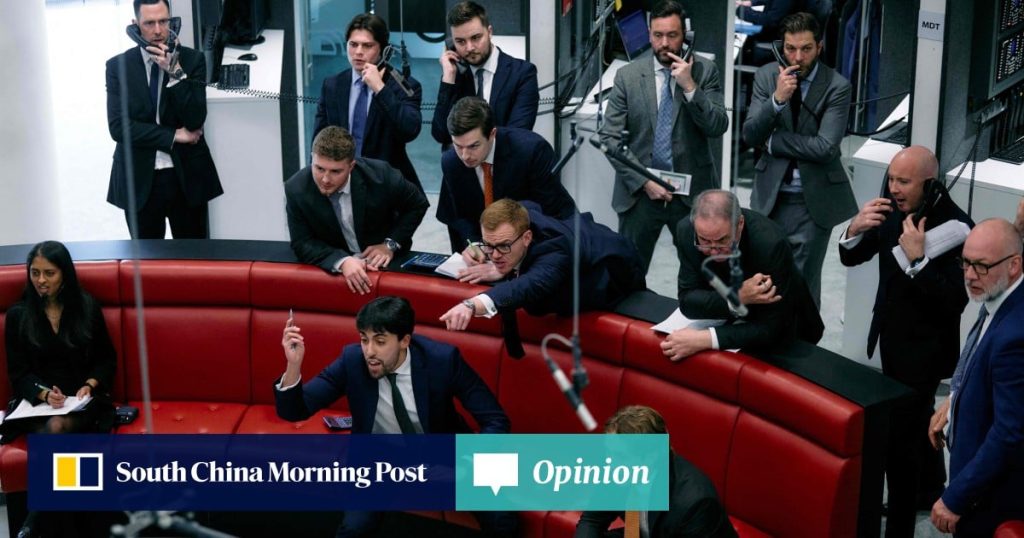The simple answer is we are not in an either-or situation, but undergoing multidimensional simultaneous systems change. The late Henry Kissinger was right to identify that Americans like to think there is a solution to everything, whereas the Chinese know that with every solution, more problems could emerge.
We are undergoing a complex systems transformation, in which subsystems interact to change the whole, which then affects the parts. This is a more biological way of analysis, very different from the physics view of money, finance and the real economy.
Lest we forget, finance has always been a derivative of the real economy. Austrian-born British philosopher Karl Popper (1902-1994) saw reality and human perception in three worlds: the first physical, the second mental and the derivative third world where human interaction with nature forms and evolves language, science, culture and civilisation.
Money straddles the second and third worlds as a derivative of physical goods, such as cowrie shells, gold, silver or bronze coins, which are physical things that humans value.
The beauty of money, which the emergence of cryptocurrency has shed light on, is that liabilities can be treated as assets through tokenisation. Digitisation is a mental representation of physical assets, and by making real assets more easily divisible or tradeable, we create the third world of complex money, a tokenised tradeable financial market that can grow faster than the underlying assets.


